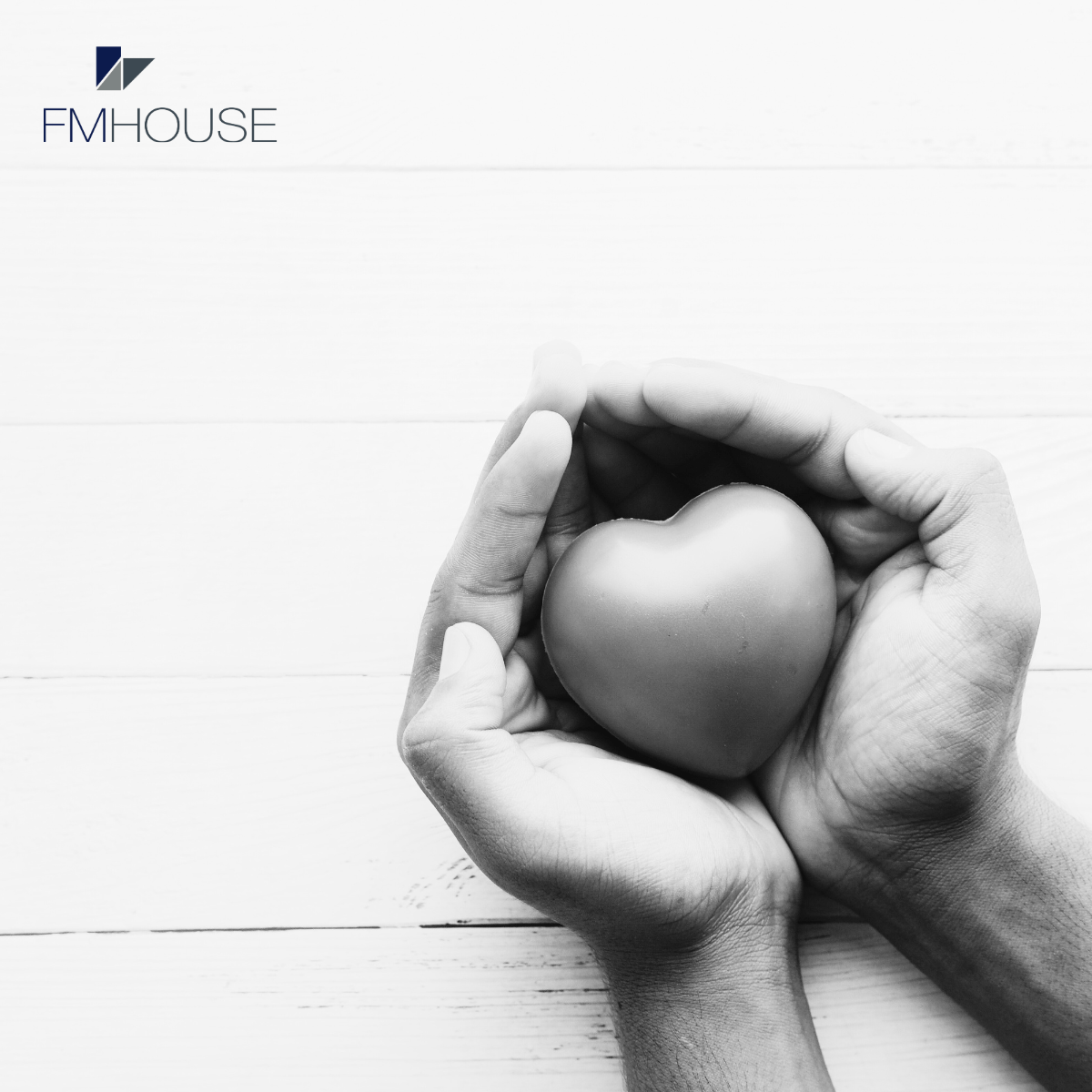The term “digitalization” is often mentioned, but we must endow it with practicality and, above all, be able to apply it to the real needs of every role.
Confinement at an international level has brought about changes in the behaviour of people and business activity, but there are not only drawbacks: essentially, it has revolutionized the use of technology. According to different sources, we have advanced digitalization processes by approximately 5 to 10 years. We will have to wait and see how digitalization translates into the Facility Management discipline, which seems like mission impossible, depending on who you ask.
The 3 layers of digitalization in FM
In order to speak about digitalization in FM, we must understand the previous degree of digitalization, the buildings where it operates and, finally, the Facility Management department. Once we are acquainted with each individually, we must establish the type of relationship that exists and lay out a common strategy. There can be no free spirits, they are all mutually dependent.
In order to measure the degree of digitalization of the company, which we must never forget is the actual client of FM, we must see how the company works and their main processes. This is a complex evaluation exercise, which we will summarize in two key points: paper and data. The more documentation that is handled physically and the less centralized and accessible all necessary information is, all the more complicated it will be. It sounds simple, but it’s extremely effective. Regarding buildings, depending on when they were built, they will have systems with integrated technology, which generate a certain amount of data. Digitalization means not only having that data “handy” but using the information that is being generated. In order to do this, we must decide what is registered, classified and filtered into data that we can interpret and use to guide our decisions. Besides the buildings’ own systems, there are others that depend on the capacity and activity of the company. Thus, there are indoor positioning systems or devices of biometrical detection.
The department of FM will be a mix and match of the former: using physical paper and handling digital data, always depending on the activity under demand. In this sense, we can speak of real time, or automatic updates, according to various factors. That is how blockchain or decision-making artificial intelligence systems where adopted. We could speak of a fourth layer of digitalization related to service providers. It will depend on the provisioning model adopted, and on the relationship with the internal or external business partner, which is not always stable, and that is why we include it in the outer, more general layer.
Where is Digital Transformation?
Almost every single business has a webpage, nowadays, which was not the case 15 years ago. However, the growing trend is that new businesses grant it very little attention and opt for social network spaces or blogs, instead of the typical webpage. And the same principle applies to mail. Who does not have an e-mail address nowadays? However, for years it has been deemed to not be the most productive option, and has been substituted by systems of instant messaging, which even allow for attachments, or by the messaging platforms of project management tools, which are now digital. We must constantly re-evaluate whether what we have in place is optimal: when changes come by imposition, it is already too late.
We must be aware of trends and know what is more convenient at any single moment. Being outdated has an impact on productivity, performance and, consequently, on the bottom line generated.
In only 4 minutes, you will get familiarized with the technologies that will change Facility Management digitalization, while forming an opinion on the degree of maturity of your position and country. Collaborate with the project FMgoesDIGI, with European funding, and anticipate the future of our profession. Results will be published openly in the form of national and regional reports.
Link to the international survey









